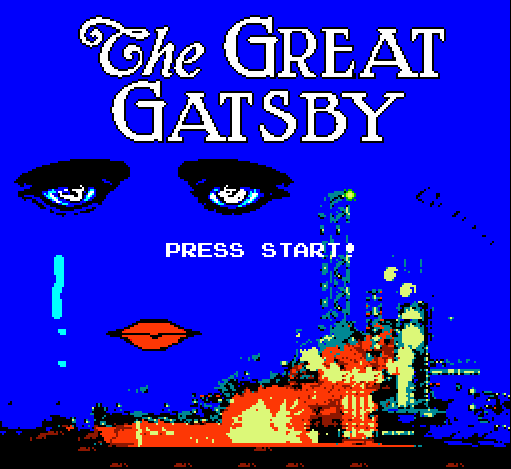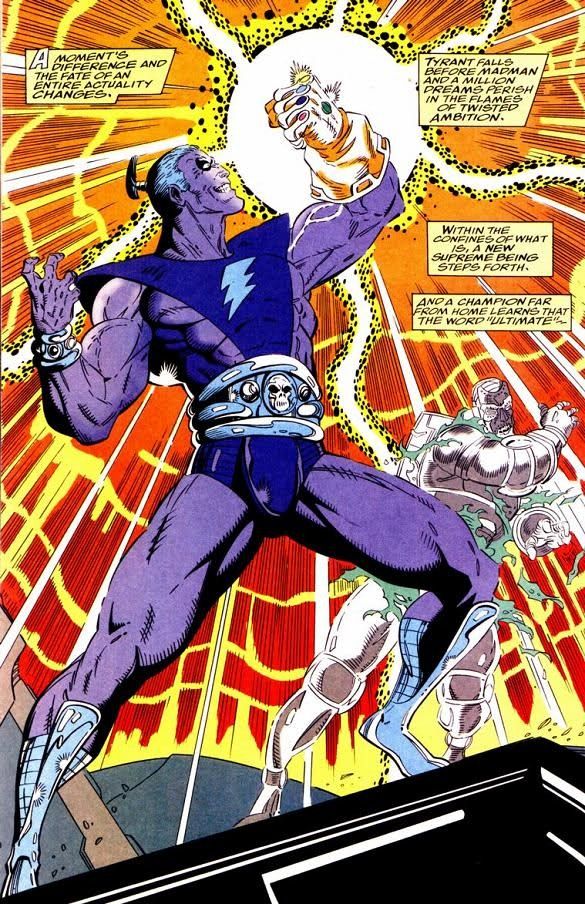I have great ideas. I think I do, anyway, but I’ve never gotten around to actually putting those ideas into action. For many years, I’ve had various ideas for stories fermenting in the back of my head, and I’ve even got a few notes I’ve written out here and there. However, I’ve never actually tried to write those stories down.
Until now. Seriously, I thought to myself, why the hell shouldn’t I try to write these stories? Why shouldn’t I try to publish these stories? There’s a lot of unreadable crap out there that somehow got published, so at worst I’ll just be adding another drop of literary horridness into the ocean of mediocrity that surrounds the rare islands of genius which make reading such a pleasure. And I might get paid for doing so!
As part of my quest for joining the creative industry, I’ve started looking at venues for short story publishing. Specifically, I was looking at the submission guidelines for the Strange Horizons sci fi magazine when I came across their list of Stories We’ve Seen Too Often. All of these story types sound incredibly bad, but the situation turns from amusing into horrifying when you remember that all of these stories keep getting submitted.
Still, while some of these stories are simply uncreative (honestly, a story about a writer having difficulty writing?) while others are merely clichéd, some stories are actively detestable, particularly the ones that are heavily misogynist in plot. If you can get past that, though, then it can be kind of fun to spend some time being reminded that there are worse writers out there than you. Some favourites:
A "surprise" twist ending occurs. (Note that we do like endings that we didn’t expect, as long as they derive naturally from character action. But note, too, that we’ve seen a lot of twist endings, and we find most of them to be pretty predictable, even the ones not on this list.)
- The characters’ actions are described in a way meant to fool the reader into thinking they’re humans, but in the end it turns out they’re not humans, as would have been obvious to anyone looking at them.
- Creatures are described as "vermin" or "pests" or "monsters," but in the end it turns out they’re humans.
- The author conceals some essential piece of information from the reader that would be obvious if the reader were present at the scene, and then suddenly reveals that information at the end of the story. (This can be done well, but rarely is.)
- Person is floating in a formless void; in the end, they’re born . . .
Story is based in whole or part on a D&D game or world.
- A party of D&D characters (usually including a fighter, a magic-user, and a thief, one of whom is a half-elf and one a dwarf) enters a dungeon (or the wilderness, or a town, or a tavern) and fights monsters (usually including orcs).
- Story is the origin story of a D&D character, culminating in their hooking up with a party of adventurers.
- A group of real-world humans who like roleplaying find themselves transported to D&D world . . .
Strange and mysterious things keep happening. And keep happening. And keep happening. For over half the story. Relentlessly. Without even a hint of explanation . . .
Evil people hook the protagonist on an addictive substance and then start raising the price, ruining the protagonist’s life . . .
Twee little fairies with wings fly around being twee.
Man, suddenly I feel like ten times more confident in my writing abilities. Thanks, Strange Horizons!




